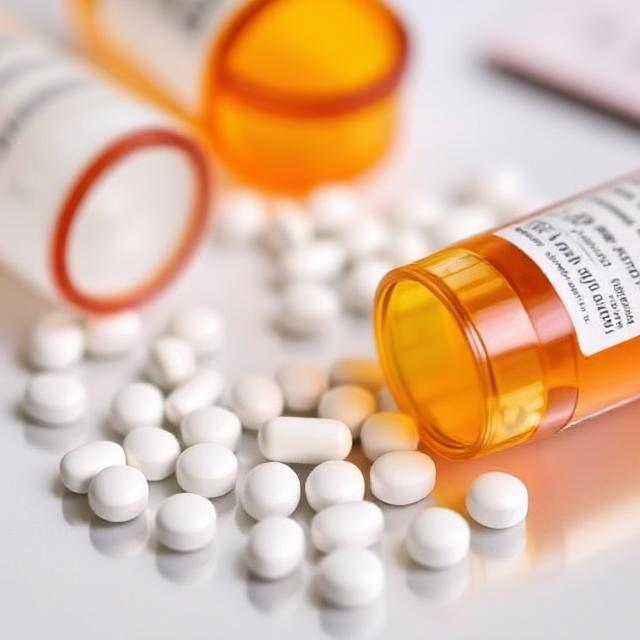Did you know that almost half of all homes have expired meds sitting around? Understanding the dates on your drugs is super important. It keeps you safe and ensures your medicine works like it should. This guide breaks down everything. You’ll learn what those dates mean, why they matter, and how to get rid of old pills safely.
Understanding Expiration Dates
An expiration date tells you how long a drug is expected to be good. Pharmaceutical companies set these dates. They must follow rules from the FDA.
What Does “Expiration Date” Really Mean?
Drug makers test their products. This shows how long they stay stable. The expiration date is when they can’t promise the drug is still at full strength. It doesn’t always mean the medicine is useless after that date. It just means it might not be as strong.
How to Find the Expiration Date
Look for the expiration date on the label. It is often on the prescription bottle. For over-the-counter drugs, check the box or packaging. Some pills come in blister packs. The date may be printed on each blister.
[Image of prescription bottle highlighting the expiration date] [Image of over-the-counter medication box highlighting the expiration date]
“Beyond Use” Dates vs. Expiration Dates
“Beyond use” dates are different. Pharmacies put these on medications they mix or repackage. These dates are shorter than expiration dates. This is because the drug may be less stable once it has been changed. Always follow the “beyond use” date. It is very important.
The Science Behind Drug Degradation
Drugs change over time. This happens because of chemical reactions. The medicine breaks down. It loses its power.
Factors Affecting Drug Stability
Things like heat, humidity, and light can ruin drugs. Some drugs are more sensitive than others. For example, insulin needs to stay cool. Nitroglycerin for chest pain is affected by light. Store medicine properly. Keep them in a cool, dry place to help them last.
How Degradation Affects Potency and Safety
When drugs degrade, they lose their strength. The medicine may not work as well. Sometimes, bad chemicals can form. These can be dangerous. Expired meds could cause harm.
Risks of Using Expired Medications
Taking old meds can be risky. It is best to be careful. Pay attention to drug dates.
Reduced Effectiveness
An old drug might not be strong enough. It could fail to treat your problem. Your symptoms could get worse. You might need more medicine.
Potential Side Effects
The chemicals in a drug can change. This can cause weird side effects. You might not expect them. There are stories of expired drugs causing problems.
Antibiotic Resistance
Old antibiotics might not kill all the germs. The remaining germs can become stronger. This leads to antibiotic resistance. It makes infections harder to treat.
Safe Disposal of Unused Medications
It’s important to get rid of old drugs properly. This stops kids or pets from getting sick. It also protects the environment.
Drug Take-Back Programs
Many places have drug take-back programs. These programs collect unwanted drugs. They dispose of them safely. Check with your local pharmacy or police station. They may have a drop-off location.
At-Home Disposal Methods
You can toss out most drugs at home. Mix the pills with something gross like coffee grounds. Seal them in a bag or container. Then, throw it in the trash. Some drugs should be flushed. Check the FDA’s list for these.
Preventing Accidental Ingestion
Keep drugs out of reach. Store them in a safe spot. Kids and pets should not be able to get to them. Child-resistant caps can help.
Conclusion
It’s vital to watch those dates. Knowing what they mean helps you stay healthy. Always get rid of old drugs safely. If you’re not sure, ask your pharmacist. Now, go check your medicine cabinet. Throw out anything that has expired!
